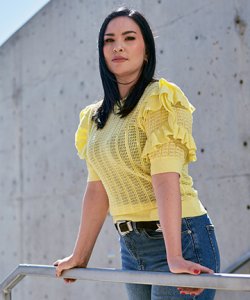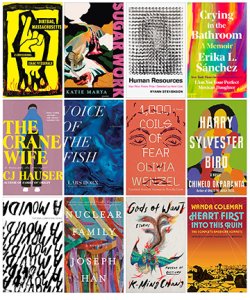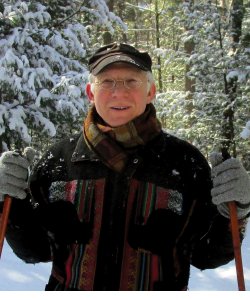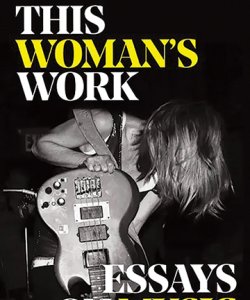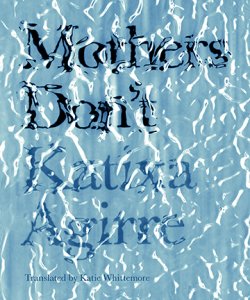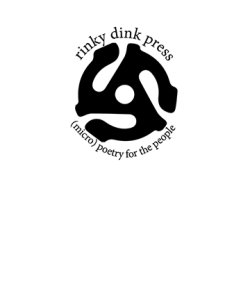
Our annual Literary Agents Issue features a look at how an agent sells your book, agent etiquette tips, how to read a literary agency agreement, and how to use feedback from agents to get published; a profile of Kali Fajardo-Anstine on her new novel, Woman of Light, which chronicles five generations of an Indigenous Chicano family in the American West; our twenty-second annual roundup of the summer’s best debut fiction; how to sell a book without an agent; writing prompts; contest deadlines; and much more.







